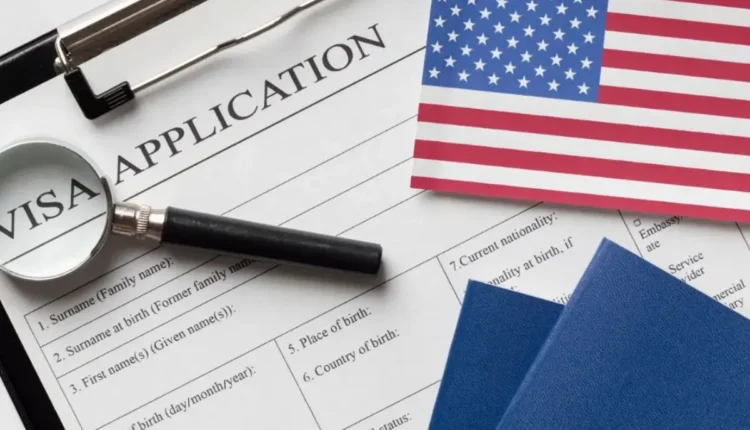US F-1 Visa Rejection Rate Doubles Since 2014: What’s Behind the Rise?
Amid Stricter Policies, US F-1 Visa Denials Hit 41% in Latest Fiscal Year
In a significant development reflecting the changing dynamics of US immigration policies, F-1 visa denials have surged to an unprecedented 41% in the last fiscal year. According to a recent analysis of the US State Department data, the rejection rate has nearly doubled compared to the 2014 fiscal year, marking a concerning trend for aspiring international students.
The fiscal year from October 1, 2023, to September 30, 2024, witnessed the US processing approximately 679,000 F-1 visa applications. However, 279,000 of these were denied, contributing to the highest rejection rate recorded in recent history. In comparison, the previous fiscal year saw 253,000 rejections out of 699,000 applications, accounting for a 36% refusal rate.
Impact on Indian Students
While the US State Department has not disclosed country-specific F-1 visa refusal rates, reports suggest that Indian applicants faced a significant setback. The issuance of student visas to Indian nationals dropped by 38% in the first nine months of 2024 compared to the same period in 2023, indicating a notable decline in opportunities for students seeking to study in the US.
Factors Behind the Surge
A spokesperson from the US State Department emphasized that all visa applications are evaluated on a case-by-case basis under the Immigration and Nationality Act (INA) and applicable federal regulations. The spokesperson also highlighted a change in the methodology for calculating visa data from FY2019 onwards. This change aims to provide a more accurate representation of the visa application process by tracking updates to application statuses over time.
Despite the altered methodology, the increasing rejection rates raise questions about the future of international education in the US. Experts speculate that the ongoing crackdown on immigration, evolving visa policies, and growing geopolitical tensions may have influenced the tightening of student visa approvals.
Global Context and Implications
The US is not alone in adopting stringent immigration policies. Canada, a popular destination for international students, imposed a 35% reduction in study permits for 2024 and plans an additional 10% cut for 2025. In 2024, Canada’s refusal rate for study permit applications reached 52%, up from 38% in the previous year.
As global education landscapes become more restrictive, students and educational institutions worldwide are navigating an increasingly complex environment. The rising F-1 visa denials could lead to a decline in the number of international students in the US, potentially impacting the cultural diversity and financial stability of academic institutions.
Looking Ahead
For students aspiring to pursue higher education in the US, understanding the intricacies of the F-1 visa application process and adhering to the evolving policies is more crucial than ever. As the global education sector grapples with the consequences of tightening immigration policies, the aspirations of countless students hang in the balance.
Also Read : Anuhya Katar: A Visionary Leader in Product Strategy and Financial Consulting

